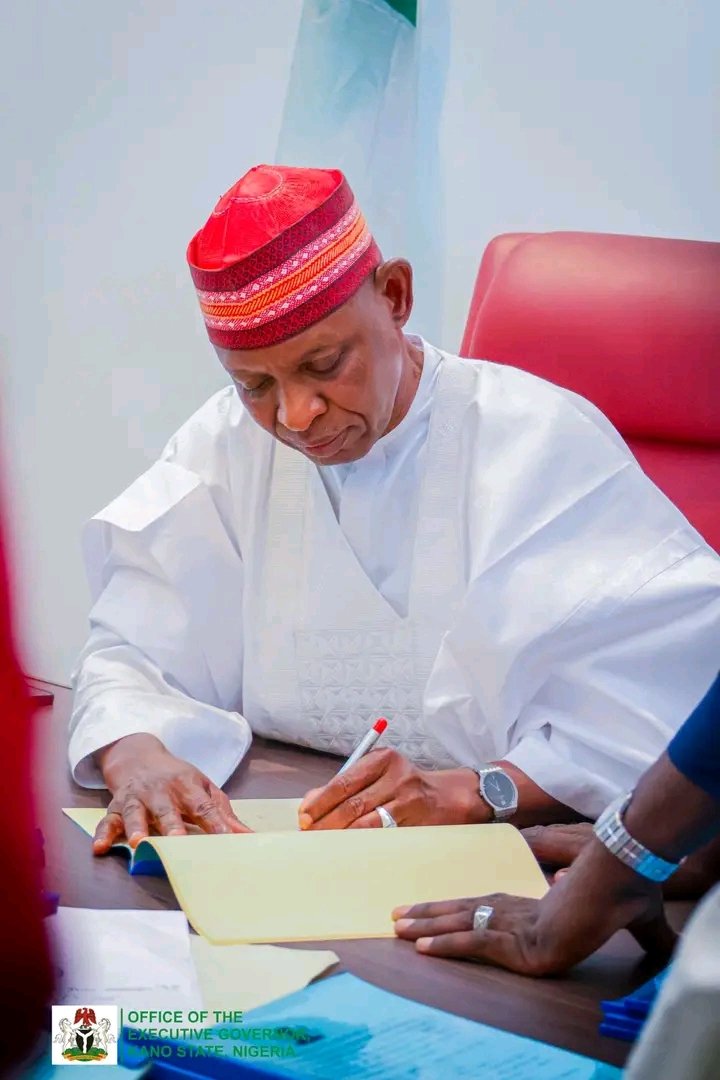Korede Abdullah in Lagos
The World Health Organisation, WHO has disclosed that the efforts towards a polio-free world are in the right direction, adding that a significant progress is being achieved.
This remark was made in commemoration of World Polio Day, celebrated every October 24.
The global observance was established by Rotary International to honour Jonas Salk’s birthday, the pioneer who developed the first polio vaccine .
In celebrating the 2024 polio-free day, WHO noted a 99% reduction in polio cases worldwide since the Global Polio Eradication Initiative (GPEI) was launched in 1988.
Africa was declared polio-free in 2020, but the fight against polio isn’t over yet.
However, WHO said optimistically, “We Are Now Closer Than Ever”
WHO Regional Africa Director, Dr. Matshidiso Moeti,in a powerful message, highlighted Africa’s significant progress toward eradicating polio.
“We are now closer than ever to a polio-free Africa, but much work remains,” she emphasized.
Dr. Moeti reflected on her decade-long journey fighting polio, praising the determination of individuals, governments, healthcare workers, and communities.
Madagascar’s success in going a full year without detecting circulating variant poliovirus type 1 (cVDPV1) and Southern Africa’s closure of the imported wild poliovirus type 1 (WPV1) outbreak in 2022 were notable milestones.
Africa has made tremendous progress in the fight against polio! Key achievements include a 96% decrease in cVDPV1 detections and a 65% drop in cVDPV2 detections in the African Region, comparing 2023 and 2024 data.
This is a remarkable feat, especially considering that nearly 70 million children in high-risk areas were vaccinated in 2024 alone.
Additionally, enhanced community engagement and rapid advancements in polio diagnostics and sequencing technologies have played a crucial role in this success
These efforts bring Africa closer to its goal of eradicating polio, as outlined in the Africa Regional Polio Eradication Action Plan for 2024-2025.
She listed Nigeria as one of the countries where efforts to eradicate the disease have yielded positive results.
The significant progress is attributed to the widespread use of Salk’s inactivated poliovirus vaccine and Albert Sabin’s oral poliovirus vaccine.
Africa Declared Polio-free
The circulating Variant Poliovirus type 2 (cVPV2) has emerged, and low- and middle-income countries like Nigeria are still working to contain its spread .
Nigeria reported 37 cases of cVDPV2 in various states, including Kebbi, Nasarawa, and Kano, highlighting the need for continued vigilance.
The good news is that efforts are underway to boost immunity against cVPV2, such as the mass vaccination campaign in Niger state that benefited over 2.5 million children.
The campaign even introduced fractional inactivated poliovirus vaccines (fIPV) for the first time in Nigeria, which can enhance immunity in both previously vaccinated and unvaccinated children ³. These initiatives demonstrate the ongoing commitment to protecting every child from polio.
Not Yet Uhuru in Nigeria
Nigeria is still grappling with a surge in circulating Variant Poliovirus type 2 (cVPV2) cases, with over 70 reported across 46 local government areas in 14 states.
Vaccine hesitancy is largely to blame, fueled by misinformation and distrust about vaccine potency and intentions, especially the rural parts of northern Nigeria. This has resulted in low vaccination coverage and a concerning lack of herd immunity against the disease
The situation highlights the challenges in eradication efforts, despite progress made in previous years.
Door-to-door Sensitization
To combat vaccine hesitancy, health workers are employing strategies like door-to-door sensitization and leveraging trust built during previous polio vaccination campaigns. The Nigerian government and health organizations are working to address these issues and boost vaccination rates to protect vulnerable communities.
According to her, “It is important to recognize that the countries in the Lake Chad Basin and Sahel have also united to tackle a new and pressing challenge: the continued transmission of circulating variant polio type 2 (cVDPV2).
“Despite substantial efforts, the virus persists in these regions, fuelled by factors like insecurity, limited access to healthcare, and high levels of population movement.
“In 2024 alone, 134 polio type 2 detections (both in the environment and in affected people, as of September 5th) have been reported jointly in Burkina Faso, Cameroon, Central African Republic, Chad, Mali, Niger and Nigeria.”
Challenges in Lake Chad Basin
However, Dr. Moeti acknowledged challenges persist in the Lake Chad Basin and Sahel regions, where circulating variant polio type 2 (cVDPV2) transmission continues.
She stressed the importance of strong political commitment and renewed collaboration along borders. She also noted that enhanced surveillance and accelerated response to new detections are crucial.
High Quality Vaccination Campaigns
She advocated high-quality vaccination campaigns as well as support for community health workers so that the objective of the WHO in seeing the end of the disease can be realized.
As Dr. Moeti transitions from her role, she urged governments, partners, and communities to recommit to the cause. “Our success is not just Africa’s—it is the world’s. With sustained momentum, strong leadership, and global solidarity, a polio-free future is within our reach.”



